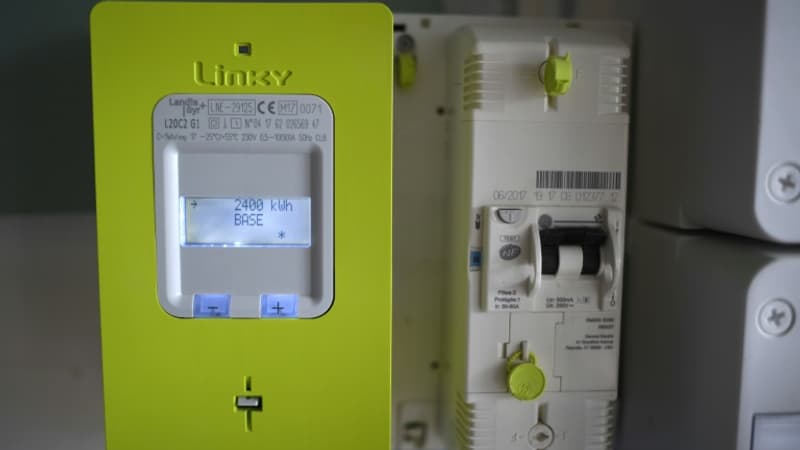“Intense conversations” continue with the State on the definition of a new model for regulating electricity prices, EDF CEO Luc Rémont said on Wednesday, and the government assured for its part that an agreement is “close” .
Speaking at the same time before the Senate Economic Affairs Committee, Luc Rémont, in office for a year, reported “intense discussions” with the government. According to him, everyone seeks both “the success of customers”, who want affordable electricity, and “the sustainability” of the company, weighed down by an abysmal debt of 60 billion euros.
A new price regulation model
Engrossed for months in sometimes tense debates, EDF and the State must agree on the development of the new model for regulating electricity prices, as the current mechanism, the Arenh (regulated access to historic nuclear electricity), scheduled for the end of 2025.
The price of electricity paid by the final consumer will depend in part on this new framework. However, the government refuses to let the bills of individuals and companies skyrocket, at a time when it intends to reindustrialize the country.
He wants the new electricity reference value to be as close as possible to the cost of EDF’s nuclear production. The Energy Regulatory Commission (CRE) recently evaluated this cost at 60 euros per MWh, an estimate lower than that presented by EDF (around 70 euros). For Bruno Le Maire, “we can define a complete production cost, including EDF’s future investments, even in new nuclear reactors.” He did not want to confirm the figure of 70 euros.
Source: BFM TV


